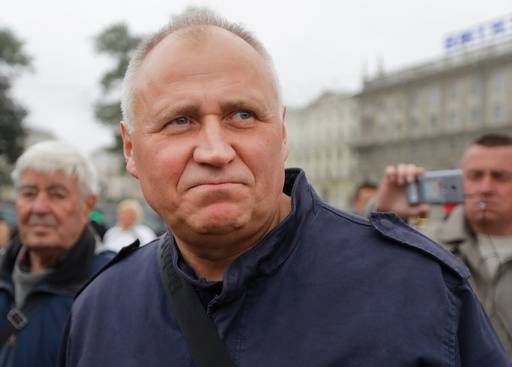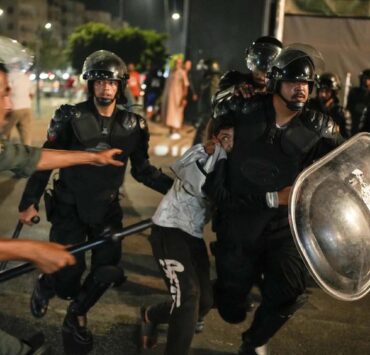Belarus opposition leader vanishes

TALLINN, Estonia—Scores of political prisoners pardoned by the authoritarian leader of Belarus sat on a bus waiting to cross the border with Lithuania last month, minutes from freedom. Suddenly, one of them stood up, forced the door open and got off, defiantly refusing to leave his homeland in what he called as a forced deportation.
Since that incident on Sept. 11, Mikalai Statkevich hasn’t been seen. Human rights activists are demanding that Belarusian authorities reveal what has happened to the 69-year-old opposition politician and former presidential candidate.
Statkevich was one of 52 political prisoners pardoned by President Alexander Lukashenko as part of a deal brokered by the United States.
Fellow political prisoner Maksim Viniarski, who was traveling with him on the bus, told The Associated Press (AP) that “Statkevich looked determined—ready to fight not only for himself, but for the freedom of all Belarusians.”
When the emaciated Statkevich bolted from the bus, he left behind his critically needed heart medication on the bus, which continued on to Lithuania.
Back in Belarus
“Statkevich disrupted Lukashenko’s script and proved that even sick … you can still resist dictatorship and lawlessness,” Viniarski said. “He clearly understood the price of his choice. He told me: ‘I won’t allow myself to be sold or for someone to decide where I live—or where I die.’”
For several hours, Statkevich remained in the no-man’s-land at the Kamenny Loh border crossing until surveillance cameras recorded six masked security forces escorting him back into Belarus.
Lukashenko later said Statkevich was back in Belarus—“He’s our citizen after all”—but wouldn’t elaborate.
Statkevich’s actions echoed those of Maria Kolesnikova, a leader of mass protests after a disputed 2020 election that kept Lukashenko in power. She became a symbol of resistance by tearing up her passport at the border and walking back to Belarus when authorities tried to deport her that year.

















